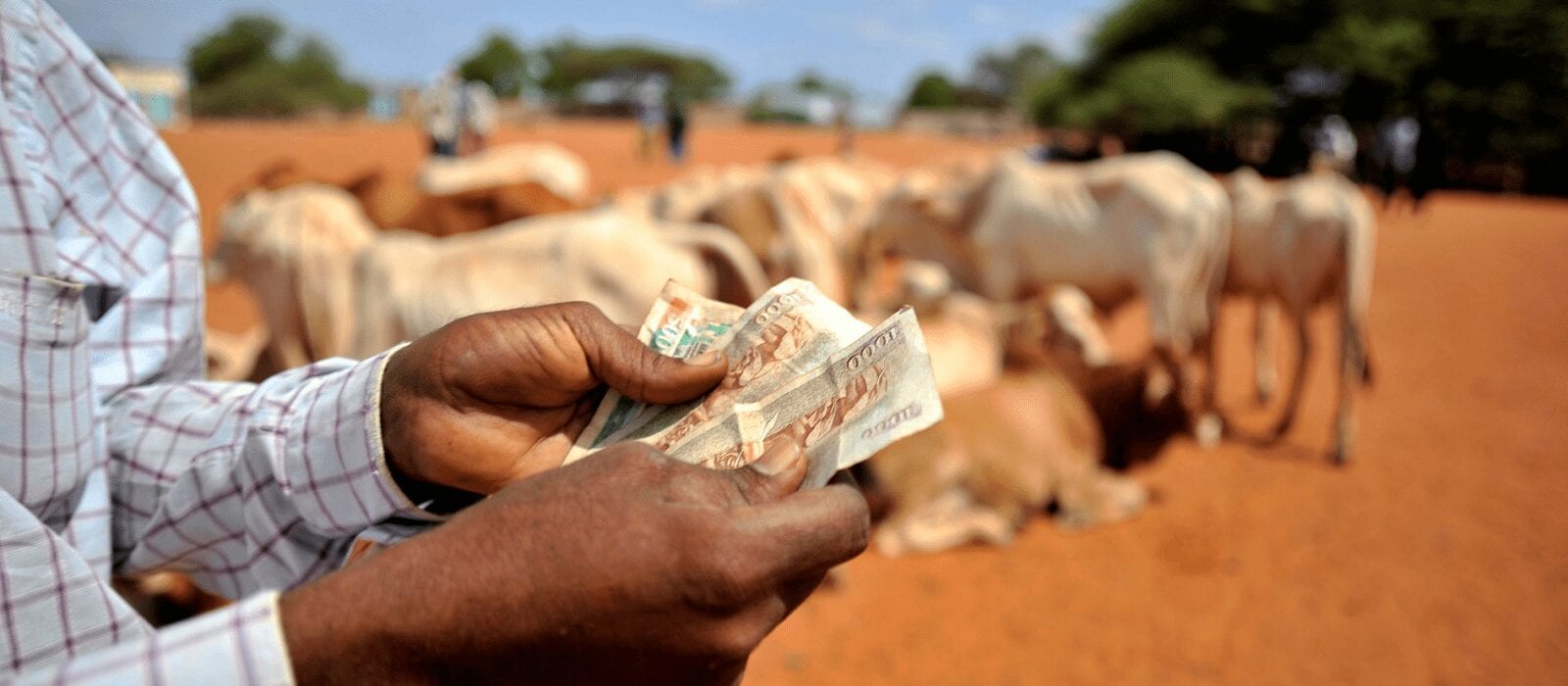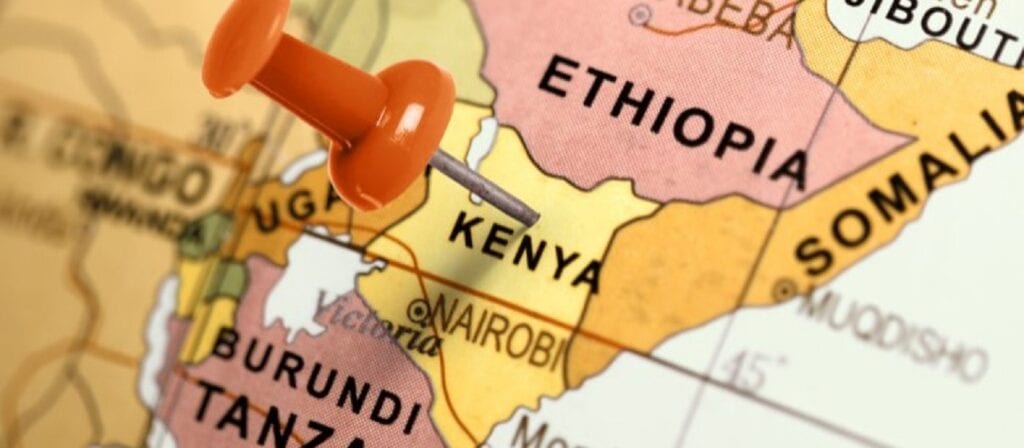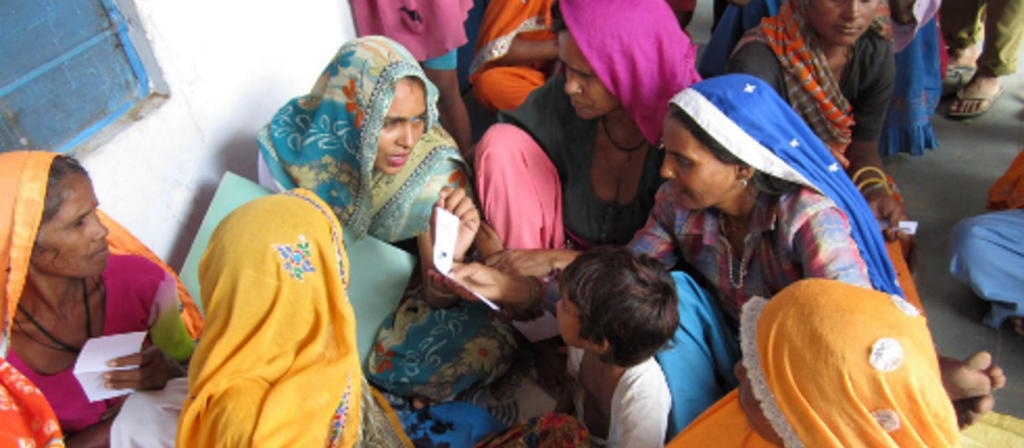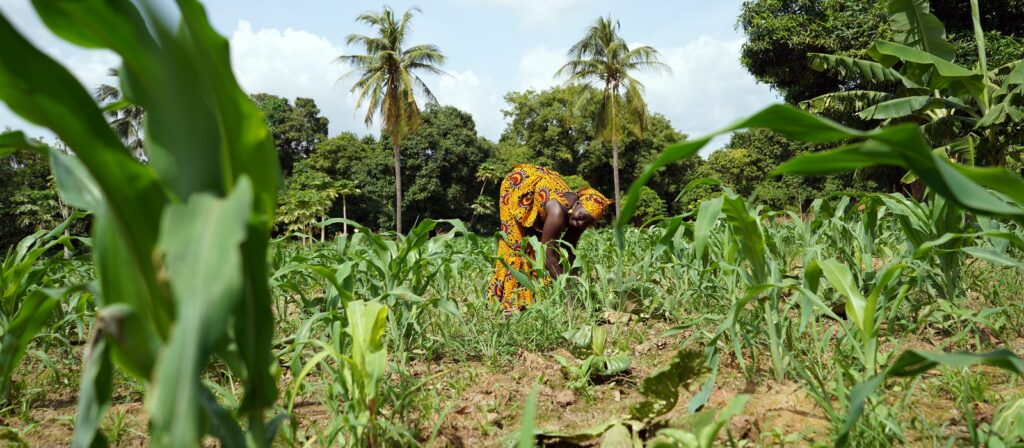ICMIF member Takaful Insurance of Africa’s innovative index-based livestock insurance policy has been recognized internationally for its success protecting low-income pastoralist farmers in Kenya from drought and climate change.
The New York Times has hailed the project as “cheaper and better than life insurance”, and the UK-based Guardian publication has praised it as “a promising option for addressing poverty traps that arise from catastrophic drought risk”. Furthermore, Andrew Mude, a senior Kenyan economist at the International Livestock Research Institute (ILRI), who was behind the initial formulation of the index-based policy, won the 2016 Norman Borlaug Award from the World Food Prize. Previously, the story has featured in the Economist, BBC and Al Jazeera, amongst other publications around the world.
Livestock in Kenya plays an important part of the economy, providing milk for income and consumption, selling of livestock, and much more. For the two-thirds of Kenya’s population that rely on the food they grow and animals they keep, increasing drought means that many are struggling to produce enough food. Over 70% of livestock in Kenya is found in the arid and semi-arid (ASAL) regions of Kenya (worth roughly over USD 440 million), and the effects of drought include livestock deaths, reduced income, and increased poverty. Drought contributes 80% of all losses suffered by pastoralists, and insurance provides protection against the risk of forage scarcity.
The ILRI first piloted index-based livestock insurance in 2010. In 2013, ILRI and Takaful Insurance of Africa partnered to provide the first Shari’ah-compliant product in Kenya which provides mitigation of drought-related risk to pastoralists. The policy was launched in Kenya’s north-eastern Wajir County, where livestock are valued at KSH 46 billion (USD 550 million). The product works by measuring the conditions of forage using satellites in the sky, which take pictures of the forage every 10 days. The severity of drought is marked by black, red, orange, yellow, and green. When black is shown, it indicates that forage scarcity is severe, thus triggering a payout.
“Our goal is to show pastoralists that they can use a fair and ethical business model to protect their assets from a natural hazard of keeping livestock in East Africa,” said Hassan Bashir, Group CEO, Takaful Insurance of Africa.
ICMIF have partnered with Takaful Insurance of Africa for the ICMIF 5-5-5 Mutual Microinsurance Strategy; a first-of-its-kind initiative which aims to extend mutual microinsurance to five million previously uninsured households in five countries over five years. Kenya is one of the five countries participating in the 5-5-5 Strategy, and Takaful Insurance of Africa has so far been instrumental in assisting ICMIF with the diagnostic phase, along with Kenyan-based cooperative insurer CIC Insurance Company.
ICMIF’s Senior Vice-President, Sabbir Patel, explains “The 5-5-5 Strategy will look at expanding this product but also delivering insurance solutions for the farmers themselves and introducing climate risk minimization strategies”.
Launched in 2011, Takaful Insurance of Africa is Kenya’s first-ever Shari’ah-compliant insurance provider. Compliancy with Shari’ah law brings a sense of inclusion for those of Muslim faith who have been left out as conventional insurance is considered haram (forbidden). However, Takaful Insurance of Africa is not exclusive to Kenya’s Muslim population (which make up 10% of the total population of the country) – they provide insurance for everyone.
Photo courtesy of ILRI and Riccardo Gangale.






